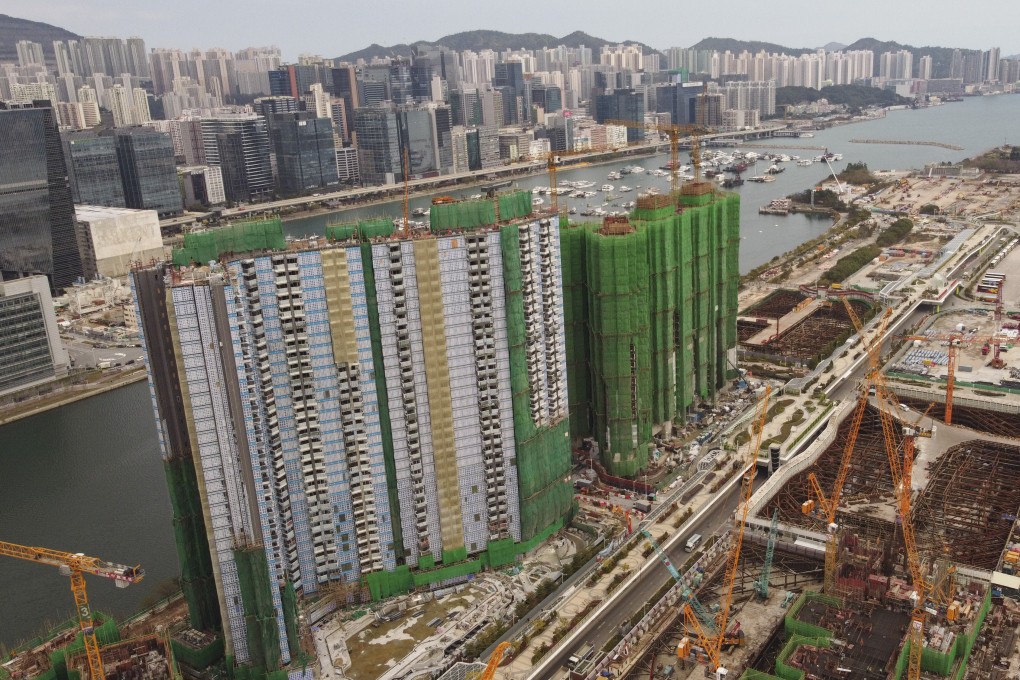Advertisement
Soaring construction costs may discourage Hong Kong’s developers from bidding aggressively for land
- Higher costs driven by a surge in materials prices are likely to make property developers more restrained when bidding for land
- A government index showed building costs surged by 10.8 per cent last year and 3.2 per cent rise in the first quarter of 2022
Reading Time:2 minutes
Why you can trust SCMP

Soaring construction costs in Hong Kong are likely to make property developers more restrained when they are bidding for land, according to analysts.
The government’s Civil Engineering Works Index showed building costs surged by 10.8 per cent last year. This was followed by another 3.2 per cent rise in the first quarter of 2022.
The increase has been driven by a surge in materials prices, particularly steel, as China’s strict Covid-19 policies – which included lockdowns that brought industrial output to a standstill – tightened supply as global demand increased.
Advertisement
“We anticipate the construction cost will rise 4 per cent in 2022,” said Francis Au, a growth director at Arcadis, an Amsterdam-headquartered design and consultancy firm.
Construction costs represent around 15 per cent to 25 per cent of the selling price in residential markets, so any increase is likely to discourage developers from bidding aggressively. Their reluctance is sure to be compounded by a slump in residential property values, which are expected to drop 5 to 10 per cent by the end of 2022, according to JLL.
“Developers will turn more conservative in land bidding to maintain their existing profit margins,” said Joseph Tsang, the chairman at JLL Hong Kong.
Advertisement
Select Voice
Select Speed
1.00x